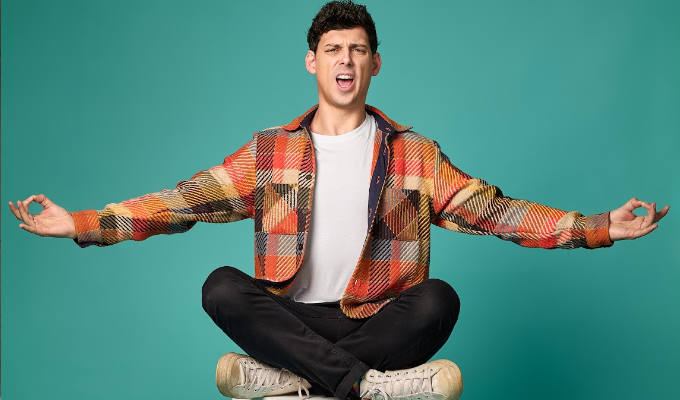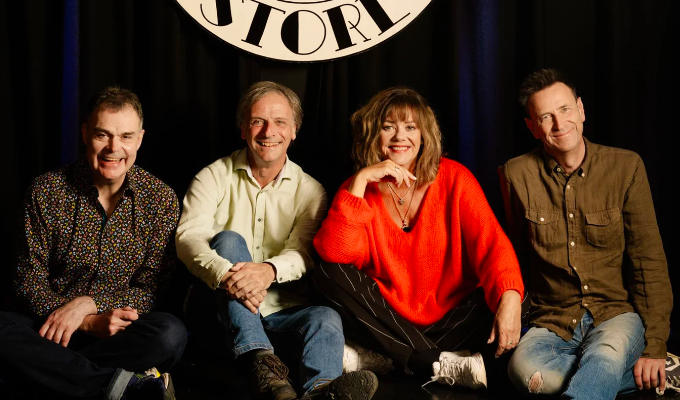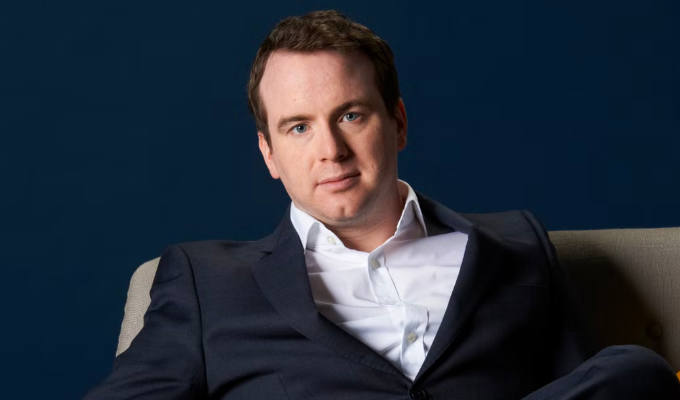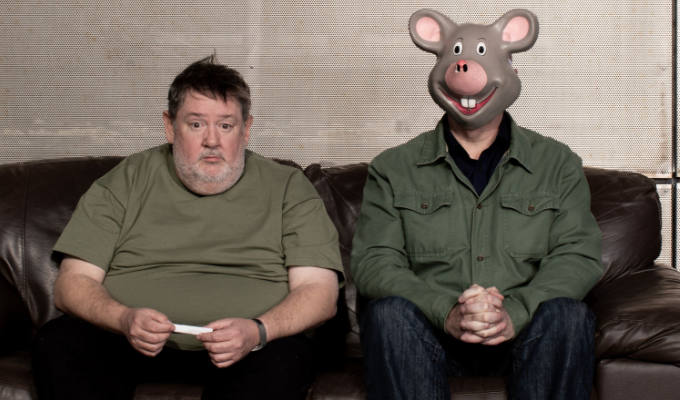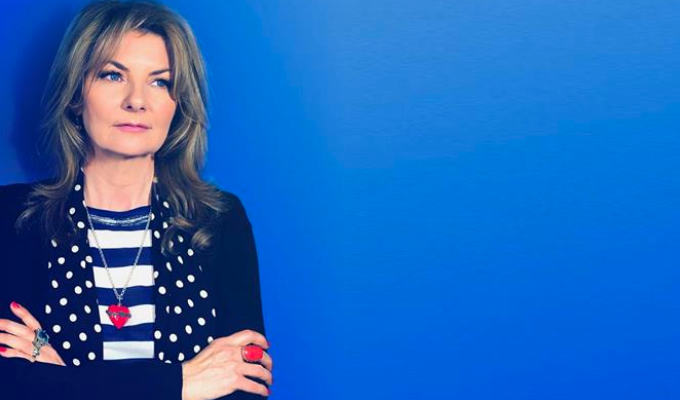
The comedy industry's at a crossroads between tone-deaf corporate greed and artistic freedom
Writes Vlad Ilich
There is much to say about the relationship between the artist and the industry.
Gone are the days of straightforward, monotheistic building blocks of one's artistic career. The traditional route of appearing on one of the three main TV talk shows that skyrocket a comic’s career into stardom has all but evaporated and has been replaced by an industry seeking instant gratification as much as your next social media user.
‘What sells?’ is an old-fashioned question, because in today's world everything sells. The question now is: ‘For how long can we sell it?’
It is, in fact, when we arrive at this point, that we begin to zoom in on that relationship, slowly hovering over every detail, examining how it impacts the lives of artists across the globe, whose work is often priced in pennies, until it is millions.
Not so long ago, the industry’s role was that of a gatekeeper, safeguarding against, art they didn’t deem relevant. The conclusion from that entanglement is simple: ‘We hold information that you don't. Pay us for that information in order to get to where you want to be.’
Today, it is the middleman between the artist and institutions, flaunting its feathers and boasting about its online degree in business.
In this transition of ‘gatekeeper’ to ‘business coach’, the industry had a chance to re-examine itself and take a crucial step in the right direction. That of making art more accessible to the artist, vouch for building new performance spaces, enjoy dialogue about the process of one's craft, create more pathways of social and ethnic inclusion, all the while keeping in mind the end goal - community well-being. Does creative and financial success have a part in that? Yes, but not at the expense of artistic freedom.
So what began to change? The industry started acting like an investment entrepreneur, taking from the artist and institutions to appease itself, whilst promising great returns. Where it fell short of expectations is where your local crypto investor did, at the very moment they began gambling with people's livelihoods.
The current problematic, sometimes erratic behaviour of the industry leaves the artist on tremendous highs and deep lows. You could be going viral on TikTok, signed by an agent within two weeks, strike a TV deal within three months – then achieve no practical results for the next six months and, by the end of the year, find yourself with no agent and a leftover wig you've bought for that 80s disco character you wrote and were so excited to play.
Your project could have been the result of five years’ of labour, working away under tight deadlines and immense pressure, only to find out that your ‘business coach’ has already moved on to the new shiny thing in the corner. ‘Next!’
This not only diminishes the artists’ internal value, leaving them disoriented and confused, it also creates chaos within the industry’s ecosystem. There is a reason why depression is so high among performers across various mediums, and the root of the problem, at least partly, lies in the link to its respective industry.
The industry, must, for the sake of its own future, take on a more nurturing role, like that of a caretaker. Involving itself in the activities of performers’ artistic development, and not just stop there but work with institutions to create better conditions for development and serve as a mediator between the artist and the world.
Take the Edinburgh Fringe, for example. I was told there was a time when the Fringe was operating solely on the sheer will of a group of performers who believed in the potential of bringing a community together for that purpose.
If that grassroots idea has been taken seriously, it certainly grew into something entirely different today. Now, it reveals itself more as a franchise, a conglomerate unit that churns out profit and lives by the profit, above all else. The industry, set in survival mode, and blinded by its scarcity mentality, pushes the artist forward as a sacrificial lamb, to appease the gods of capitalism.
Shouldn’t they be helping fight the good fight instead? Shouldn’t they be talking to local councils, attempting to meet basic living standards for performers during the time the festival is open, build constructive dialogue between artists and venues about costs, speak to housing associations about the increasingly worrying accommodation prices and generally be a bit more helpful?
Instead, you receive a quarter of a page in a magazine about how to take care of your mental health and well-being. A comic with an empty wallet, who eats every other day will find that difficult to resonate with. Someone also promised them a script deal…best they keep it.
• Vlad Ilich: Vladislav, Baby Don't Hurt Me is on at Pleasance Courtyard at 8.30pm.
Published: 3 Aug 2024

